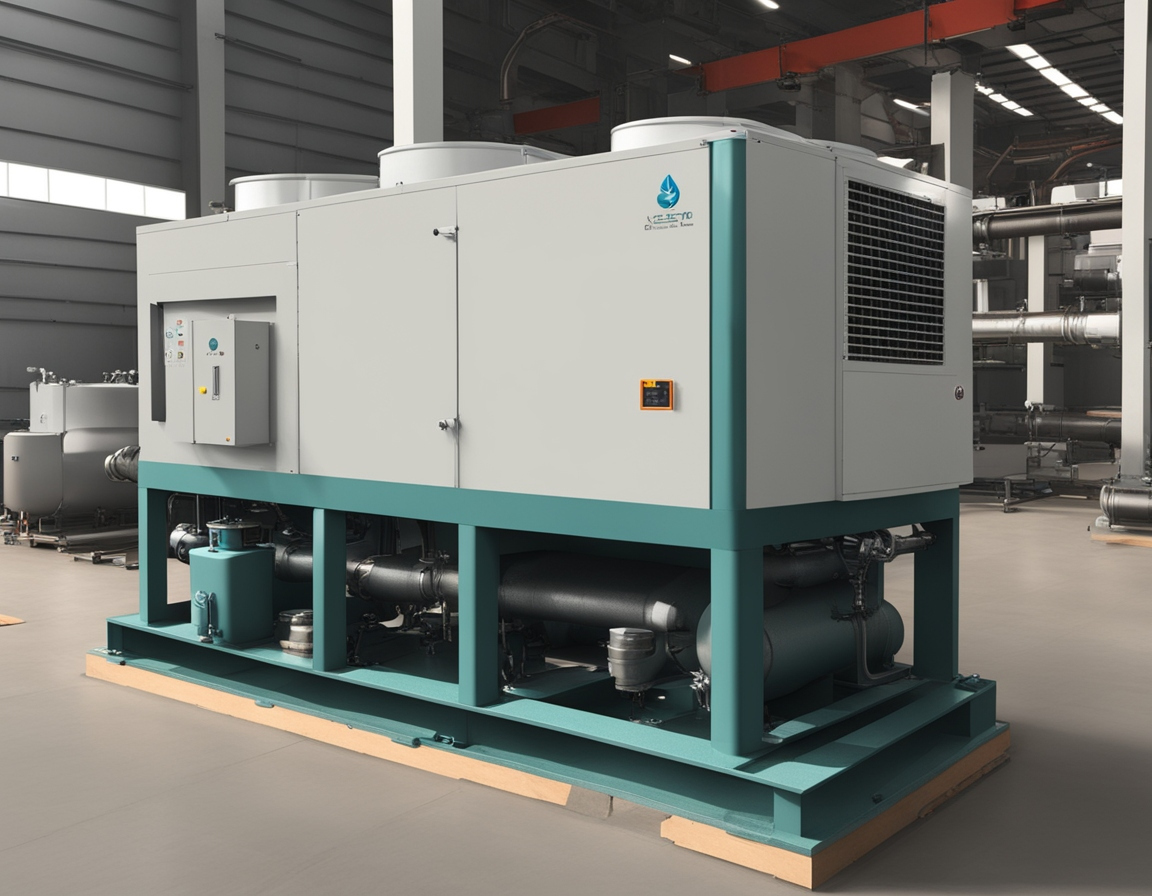
Hot Water Absorption Chillers – A Sustainable Cooling Approach
Introduction to Hot Water Absorption Chillers:
Hot water absorption chillers are an innovative cooling technology that utilizes hot water as the primary energy source to drive the refrigeration cycle. Unlike conventional electric chillers, these systems operate using thermal energy, making them a highly efficient and eco-friendly solution for various industrial and commercial applications.
How Hot Water Absorption Chillers Work:
The working mechanism of a hot water absorption chiller involves an absorption cycle where water and lithium bromide function as the refrigerant and absorbent. The heat from hot water initiates the refrigeration process, eliminating the need for mechanical compressors. This technology is particularly beneficial in facilities where hot water is readily available from processes such as cogeneration, solar heating, or waste heat recovery.
Energy Efficiency and Cost Savings:
One of the significant advantages of hot water chillers is their ability to operate efficiently while consuming minimal electricity. By utilizing heat sources that would otherwise go to waste, these systems help industries reduce energy costs and enhance sustainability. Their quiet operation and fewer moving parts contribute to lower maintenance requirements and a longer lifespan compared to conventional chillers.
Applications of Hot Water Absorption Chillers:
Hot water absorption chillers find applications in a wide range of industries, including pharmaceuticals, food processing, and data centers. They are especially useful in combined heat and power (CHP) plants, where surplus hot water can be effectively used for cooling, leading to improved overall system efficiency. Additionally, their reliance on environmentally friendly refrigerants ensures minimal impact on the ozone layer and global warming.
Challenges and Considerations:
However, these chillers require a continuous and stable hot water supply to function optimally. While the initial setup costs may be higher, the long-term benefits in energy savings and operational efficiency make them a valuable investment for businesses seeking sustainable cooling solutions. Proper system design and regular maintenance ensure optimal performance and longevity.
Conclusion:
In conclusion, hot water absorption chillers offer a reliable and energy-efficient cooling solution by utilizing waste heat. Their ability to operate with minimal electricity and reduce greenhouse gas emissions makes them an attractive choice for industries aiming for sustainable energy management. As energy costs and environmental concerns continue to rise, hot water chillers will become increasingly vital in modern cooling applications.
Contact Us now to join the revolution!
